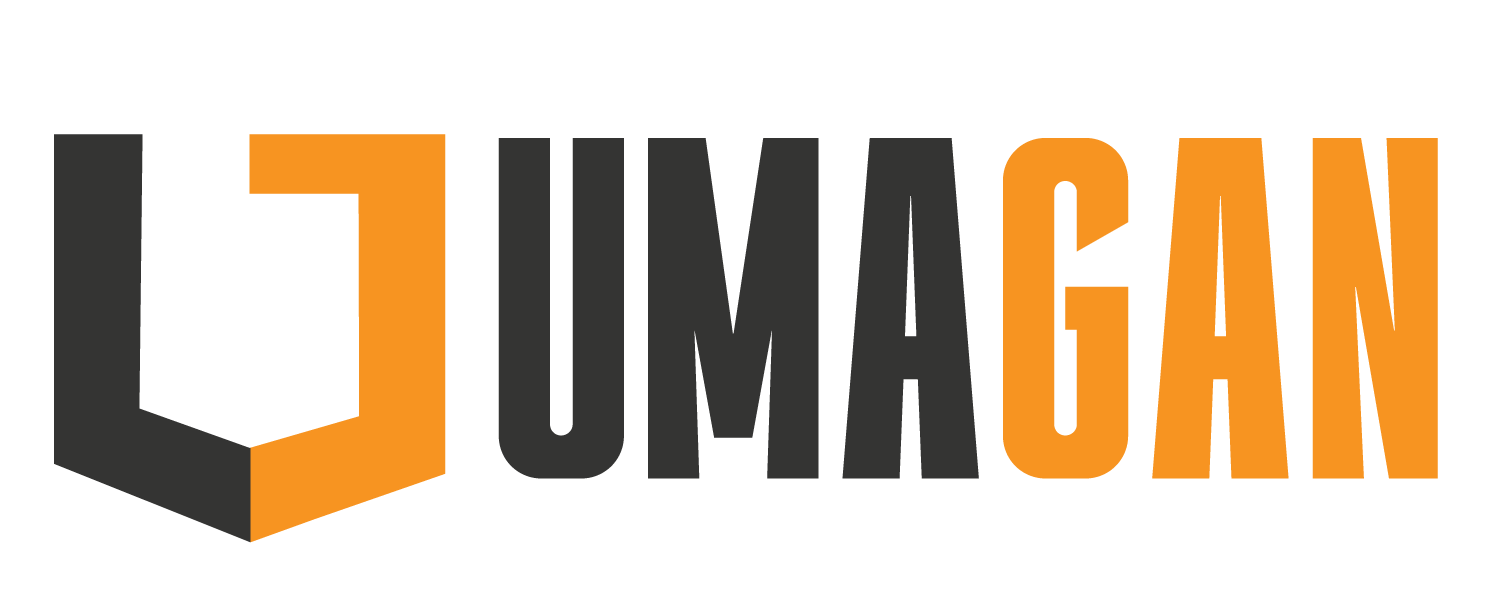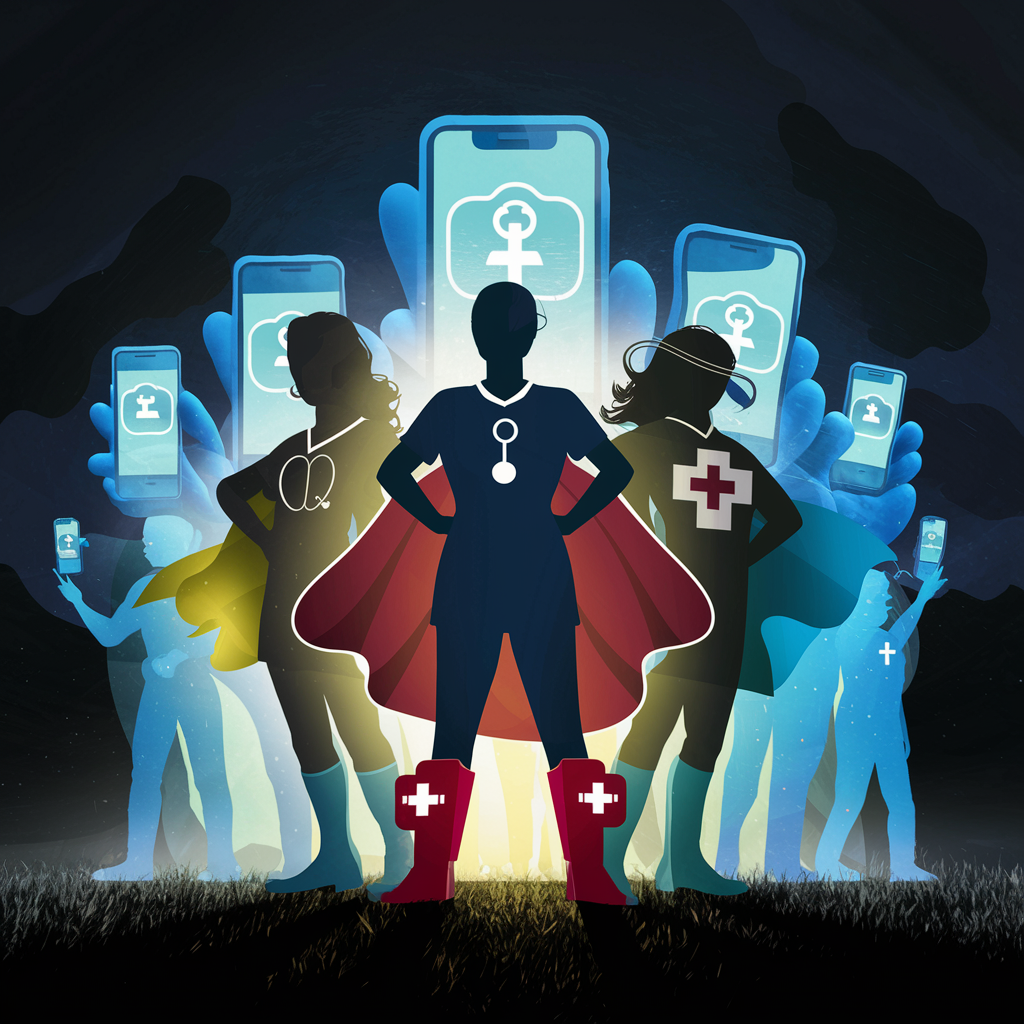Healthcare Heroes: Unveiling Mobile Apps That Revolutionized the Medical Landscape
The healthcare industry is undergoing a digital revolution, and mobile apps are at the forefront of this transformation. These innovative tools are streamlining processes, improving patient care, and empowering individuals to take control of their wellbeing. In this comprehensive guide, we’ll delve into the world of healthcare mobile apps, exploring:
- The Rise of Mobile Health (mHealth) Apps: Understanding the factors driving the surge in mHealth app development and adoption.
- Transformative Healthcare Apps: Real-World Examples: Showcasing specific mobile apps that have revolutionized various aspects of healthcare delivery.
- The Impact of mHealth Apps on Patients and Providers: Examining the benefits these apps offer for both patients and healthcare professionals.
- Building a Revolutionary Healthcare App: Key Considerations: Exploring the crucial aspects to consider when developing a healthcare app that makes a difference.
- The Future of mHealth Apps: Emerging Trends and Innovations: Unveiling the exciting possibilities on the horizon for mobile healthcare applications.
By the end of this journey, you’ll gain a deeper understanding of how mobile apps are reshaping healthcare and the potential they hold for the future. So, buckle up and get ready to explore the world of healthcare heroes – the revolutionary mobile apps transforming the medical landscape.
The Rise of Mobile Health (mHealth) Apps: A Booming Industry
The proliferation of smartphones and tablets has ushered in the era of mobile health (mHealth) apps. These apps leverage the power and convenience of mobile devices to deliver a wide range of healthcare services directly to users. Several factors are driving the rapid growth of the mHealth app market:
- Increased Smartphone Penetration: With smartphones becoming ubiquitous, accessing healthcare information and tools has become significantly easier for a broader population.
- Growing Demand for Patient Engagement: Patients are increasingly seeking ways to take a more active role in managing their health. mHealth apps empower them to do just that.
- Advancements in Mobile Technology: The continuous development of mobile technology (faster processors, improved sensors) enables sophisticated healthcare functionalities on mobile devices.
- Focus on Preventive Care: The healthcare industry is shifting towards preventative measures. mHealth apps can play a crucial role in promoting healthy habits and early disease detection.
- Government Initiatives: Many governments worldwide are actively supporting the development and adoption of mHealth apps, recognizing their potential to improve healthcare accessibility and affordability.
The mHealth app market is vast and caters to a diverse range of healthcare needs. Let’s dive into some real-world examples of mobile apps revolutionizing healthcare delivery.
Transformative Healthcare Apps: Real-World Examples
Here are a few examples of mHealth apps that have made a significant impact on the healthcare industry:
- Telehealth Apps (Doctor on Demand, Teladoc): These apps connect patients with healthcare professionals virtually, enabling remote consultations, diagnosis, and even prescription refills. This increases access to care, especially in underserved areas or for individuals with limited mobility.
- Chronic Disease Management Apps (MySugr, Mango Health): These apps empower patients with chronic conditions like diabetes or asthma to track symptoms, medications, and vitals. They also provide educational resources and personalized insights to help manage their health effectively.
- Mental Health Apps (Calm, Headspace): With the growing focus on mental health, these apps offer guided meditations, mindfulness exercises, and even therapy sessions to support mental well-being.
- Symptom Checker Apps (WebMD Symptom Checker, Ada): These apps utilize AI algorithms to analyze user-reported symptoms and offer potential explanations and recommendations for seeking medical attention. While not a replacement for professional diagnosis, they can be a valuable tool for self-awareness and early intervention.
- Fitness and Wellness Apps (Strava, MyFitnessPal): These apps help users track their physical activity, nutrition, and sleep patterns, promoting a holistic approach to health and wellness.
These are just a few examples, and the possibilities are endless. mHealth apps are continuously evolving to address new needs and leverage cutting-edge technologies like artificial intelligence (AI), machine learning (ML), and wearable devices.
The Impact of mHealth Apps on Patients and Providers: A Win-Win Situation
The rise of mHealth apps benefits both patients and healthcare providers in significant ways:
For Patients:
- Improved Accessibility: mHealth apps facilitate convenient access to healthcare information and services, anytime and anywhere. This empowers patients, especially those in remote locations or with limited mobility.
- Enhanced Patient Engagement: mHealth apps promote active patient participation in their healthcare journey. Patients can track their health data, manage chronic conditions, and communicate with healthcare providers more effectively.
- Empowered Self-Care: These apps provide educational resources and tools to help patients understand their health conditions and make informed decisions about their well-being.
- Improved Health Outcomes: By promoting preventive care, early detection of health issues, and better medication adherence, mHealth apps can contribute to improved overall health outcomes for patients.
- Reduced Healthcare Costs: Telehealth consultations, medication reminders, and remote monitoring can potentially reduce healthcare costs associated with unnecessary hospital visits and emergency room admissions.
For Healthcare Providers:
- Increased Efficiency: mHealth apps can streamline workflows, automate tasks, and facilitate communication with patients. This frees up valuable time for providers to focus on more complex medical cases.
- Improved Patient Engagement: mHealth apps enable better communication channels with patients, allowing for real-time monitoring, remote consultations, and improved care coordination.
- Enhanced Data Collection and Analysis: mHealth apps can collect valuable patient data (vitals, symptoms, medication adherence) that can be used to personalize treatment plans and improve overall patient care.
- Reduced Administrative Burden: Certain mHealth apps can automate tasks like appointment scheduling, prescription refills, and administrative tasks, reducing administrative burden for healthcare providers.
- Expanded Reach: Telehealth consultations allow providers to reach patients in remote locations or those with limited mobility, expanding their patient base and outreach.
The positive impact of mHealth apps is undeniable, resulting in a win-win situation for both patients and healthcare providers. However, developing a successful healthcare app requires careful consideration of various factors.
Building a Revolutionary Healthcare App: Key Considerations
Before embarking on the journey of developing a revolutionary healthcare app, here are some crucial aspects to consider:
- Identifying a Clear Need: Focus on a specific healthcare need or challenge that your app will address. Conduct thorough market research to understand existing solutions and identify gaps.
- Target Audience: Clearly define your target user base (patients, healthcare providers, caregivers). Understanding their needs, technological comfort level, and pain points is essential for designing a user-friendly app.
- Compliance and Regulations: Ensure your app complies with all relevant healthcare data privacy regulations (HIPAA in the US, GDPR in Europe). Data security and patient privacy must be paramount.
- User Interface (UI) and User Experience (UX) Design: Prioritize a user-friendly, intuitive interface that is easy to navigate for users with varying technical skills. A seamless UX is crucial for user adoption and engagement.
- Integration with Existing Systems: Consider interoperability with existing electronic health record (EHR) systems used by healthcare providers for seamless data exchange.
- Data Security and Privacy: Implement robust security measures to protect sensitive patient data. Encryption, secure authentication, and regular security audits are essential.
- Scalability and Future-Proofing: Design your app with scalability in mind to accommodate future growth in user base and data volume. Stay updated with emerging technologies to ensure your app remains relevant in the evolving healthcare landscape.
Building a successful mHealth app requires a team with expertise in mobile app development, healthcare domain knowledge, and user experience design. Partnering with a reputable development company with experience in the healthcare sector can significantly increase your chances of success.
The Future of mHealth Apps: Emerging Trends and Innovations
The future of mHealth apps is brimming with exciting possibilities. Here are some emerging trends and innovations to watch:
- Artificial Intelligence (AI) and Machine Learning (ML): AI and ML will play an even greater role in mHealth apps, enabling features like personalized health recommendations, automated disease detection, and chatbots for symptom analysis and triage.
- Wearable Integration: The integration of mHealth apps with wearable devices (smartwatches, fitness trackers) will become even more seamless, providing continuous health data monitoring (heart rate, sleep patterns, activity levels) and real-time insights for both patients and healthcare providers.
- Virtual Reality (VR) and Augmented Reality (AR): VR and AR technologies have the potential to revolutionize healthcare education and training. VR simulations can be used to train medical professionals in a safe and controlled environment, while AR can enhance surgical procedures by providing real-time data overlays.
- The Internet of Things (IoT): The Internet of Things (IoT) can connect various healthcare devices and sensors, creating a network that collects and transmits real-time patient data. This data can be integrated with mHealth apps to provide a holistic view of a patient’s health and enable proactive health management.
- Blockchain Technology: Blockchain technology offers a secure and transparent way to manage patient health data. This can empower patients to control their data and facilitate secure data sharing between healthcare providers.
- Focus on Mental Health: As the conversation around mental health continues to evolve, we can expect to see a surge in mHealth apps that address mental well-being. These apps may offer personalized therapy programs, mindfulness exercises, and support groups to help individuals manage stress, anxiety, and depression.
- Telehealth Expansion: Telehealth consultations will likely become even more prevalent, offering greater flexibility and convenience for both patients and providers. This trend could be further amplified by advancements in telemedicine technology, such as remote diagnostic tools and virtual reality consultations.
- Precision Medicine: mHealth apps can play a crucial role in precision medicine by collecting and analyzing individual health data to tailor treatment plans and preventative measures based on a patient’s unique genetic makeup and health profile.
These are just a few examples, and the possibilities are constantly evolving. The future of mHealth apps is bright, with the potential to transform how we deliver, access, and manage healthcare on a global scale.
Conclusion: A Call to Action for a Healthier Future
Mobile healthcare apps are revolutionizing the medical landscape, empowering patients, streamlining processes, and paving the way for a future of personalized, preventive, and accessible healthcare. As a developer, entrepreneur, or healthcare professional, consider how you can leverage the power of mHealth apps to make a positive impact on the world.
Whether it’s developing an innovative app to address a specific healthcare challenge or advocating for the wider adoption of mHealth technologies, there are numerous ways to contribute to this exciting transformation.
By embracing mHealth apps and staying informed about emerging trends, we can work together to build a healthier future for all.








